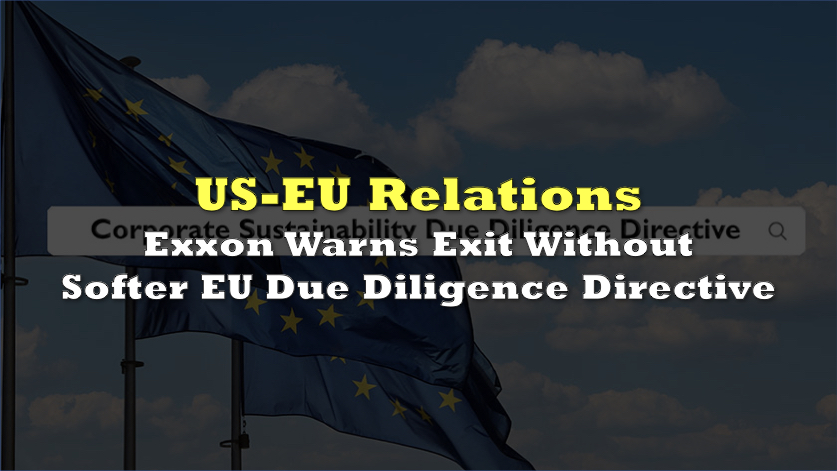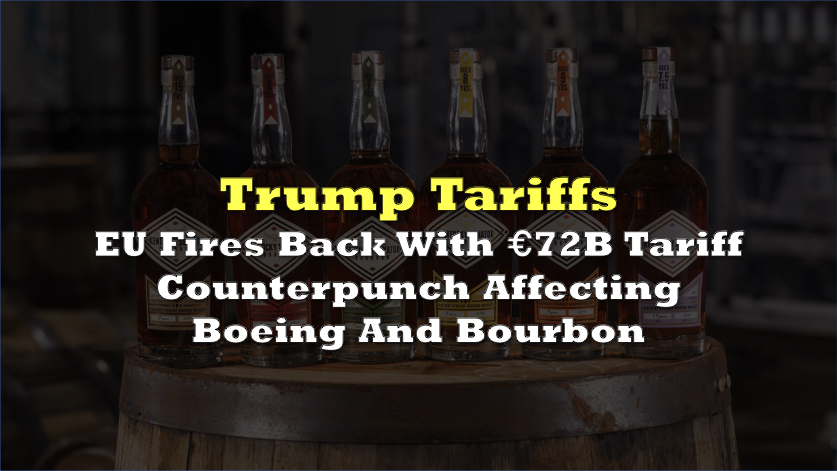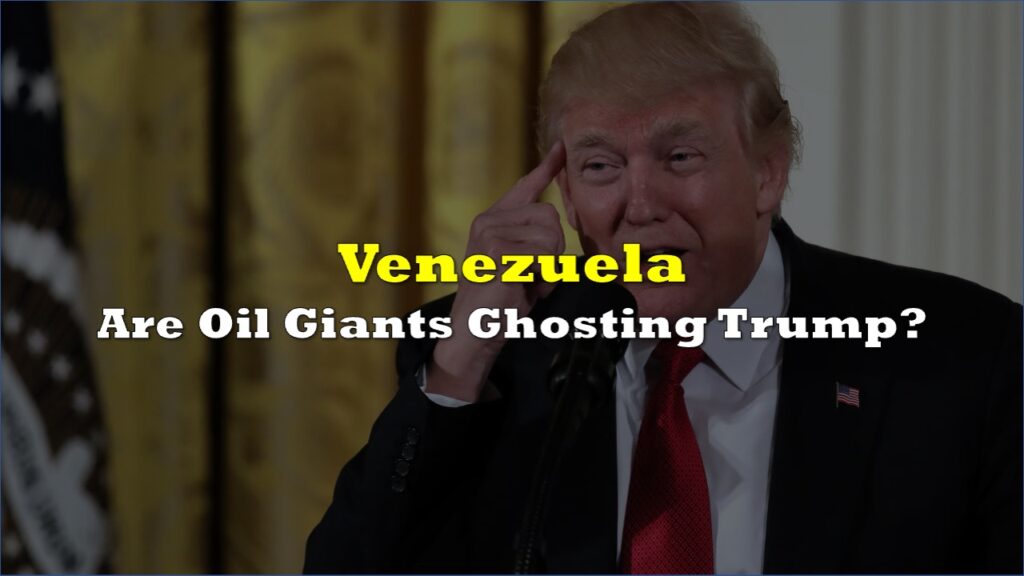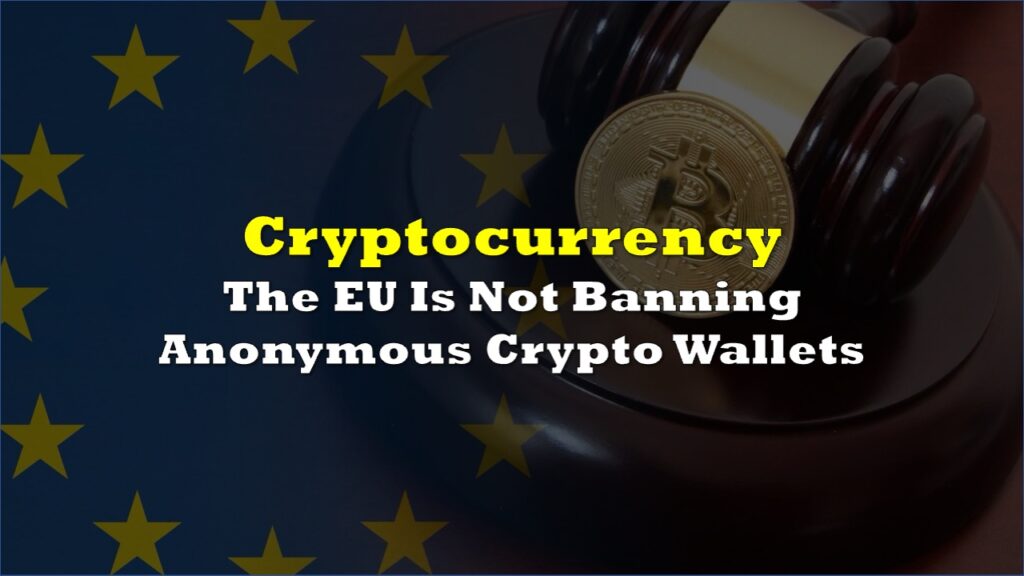ExxonMobil warned that it may be unable to continue operating in the European Union unless Brussels loosens its Corporate Sustainability Due Diligence Directive, which is described by opponents as carrying potential penalties of up to 5% of global revenue.
The directive entered into force on July 25, 2024 and requires large companies to identify and address human rights and environmental risks across their value chains. It also obliges large firms to adopt a climate transition plan aligned with EU climate goals.
The Commission proposes phased application from July 26, 2028, with full application by July 26, 2029, and an omnibus package to simplify duties is now before EU legislators.
CEO Darren Woods said the draft as applied reaches far beyond European operations.
“What’s astounding to me is the overreach,” Woods told Reuters, arguing that the law would compel compliance “for all my business around the world, irrespective of whether it touches Europe or not.”
If the EU doesn’t dial back its sustainability law, energy suppliers may walk.
— Art Berman (@aeberman12) November 3, 2025
Qatar warned Europe months ago. Now Exxon’s saying the same thing.
Brussels is about to learn the difference between virtue signalling and leverage. #energy #EU #LNG #Exxon #Qatar https://t.co/YCizp0hMat
Qatar’s energy minister has repeatedly warned that the same law could upend its ability to sell LNG into Europe and reiterated that warning at ADIPEC in Abu Dhabi, following earlier formal letters to EU governments this year.
Qatar supplies roughly a mid-teens share of EU LNG and has said strict application of the regime would force a rethink of trade flows.
Scope thresholds target EU companies with more than 1,000 employees and more than €450 million in worldwide net turnover, and non-EU companies with more than €450 million in EU net turnover. Enforcement is through national authorities using “effective, proportionate and dissuasive” penalties, coordinated by a new European network.
This follows trade agreement between the US and the EU announced in September, confirming that a reduced 15% duty rate for EU automobiles and auto parts took effect August 1.
Information for this briefing was found via the sources mentioned. The author has no securities or affiliations related to this organization. Not a recommendation to buy or sell. Always do additional research and consult a professional before purchasing a security. The author holds no licenses.









